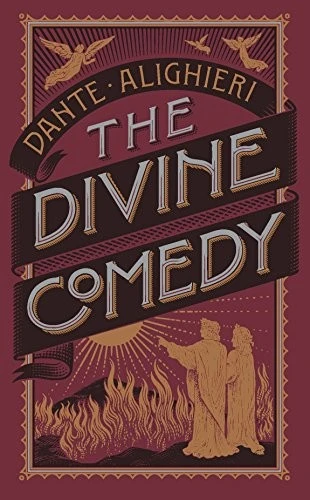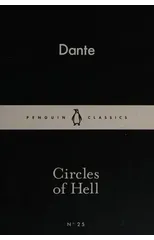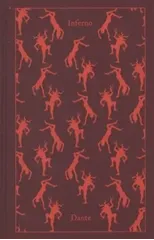Dante
De vulgari eloquentia
(Author) DanteDe vulgari eloquentia, written by Dante in the early years of the fourteenth century, is the only known work of medieval literary theory to have been produced by a practising poet, and the first to assert the intrinsic superiority of living, vernacular languages over Latin. Its opening consideration of language as a sign-system includes foreshadowings of twentieth-century semiotics, and later sections contain the first serious effort at literary criticism based on close analytical reading since the classical era. Steven Botterill here offers an accurate Latin text and a readable English translation of the treatise, together with notes and introductory material, thus making available a work which is relevant not only to Dante's poetry and the history of Italian literature, but to our whole understanding of late medieval poetics, linguistics, and literary practice.
Dante
Dante Alighieri was a prominent Italian poet from the late Middle Ages, known for his significant contributions to literature. His most notable work, "The Divine Comedy," is a monumental epic poem that is considered one of the greatest literary works in the Western canon. Dante's writing style is characterized by its intricate symbolism, vivid imagery, and profound philosophical themes.
"The Divine Comedy" follows the journey of the protagonist, Dante himself, through the three realms of the afterlife: Hell, Purgatory, and Heaven. Through his exploration of morality, politics, and religion, Dante's work has had a lasting impact on the development of the literary genre of allegorical poetry.
Dante's work continues to inspire countless writers and artists, and his influence can be seen in various forms of literature, art, and culture. His legacy as a literary giant remains unparalleled, and his works continue to be studied and celebrated worldwide.





